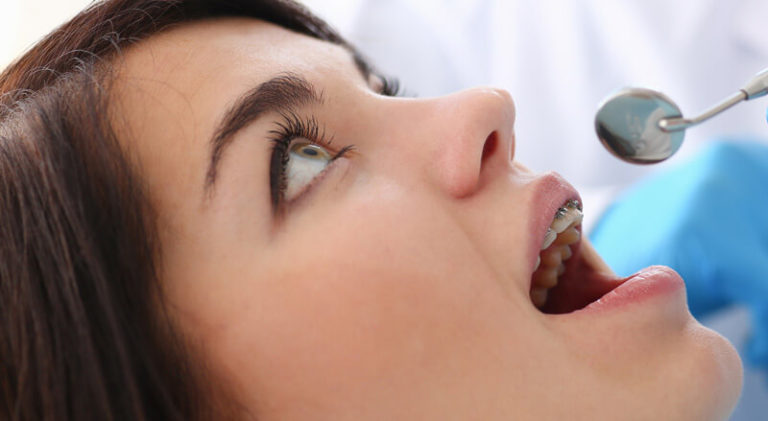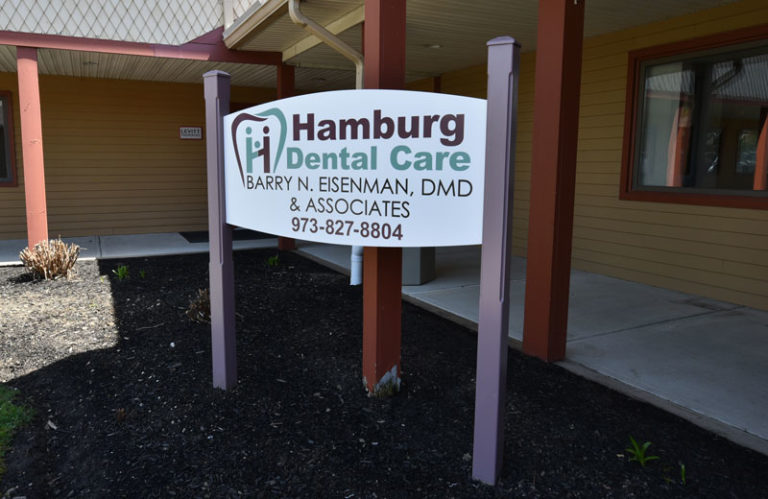There are different types and causes of tooth pain. Tooth pain can be sharp, throbbing, or dull. Sometimes one condition can cause different pain at different times. Dental pain can come and go. If you have toothache pain, what does it mean? And what should you do about it?
Sharp or Throbbing Pain
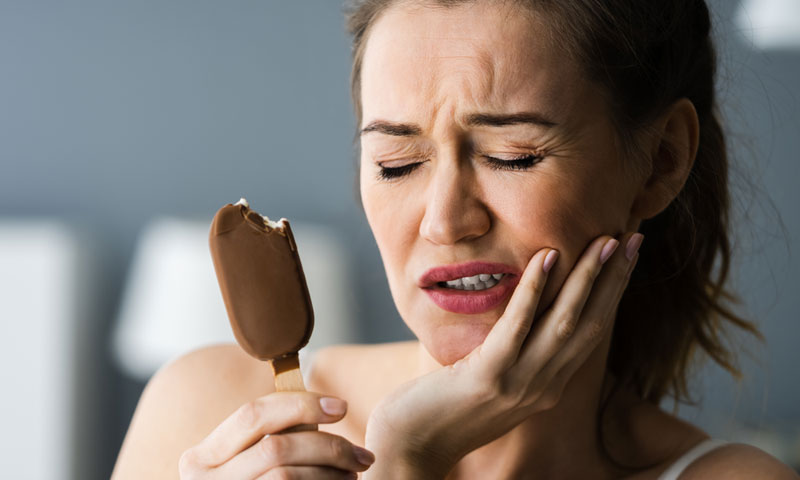
Pain from Cavities
Pain from a cavity is sharp, dull, or throbbing. It might even be a tickle, at first.
A cavity is a hole in tooth enamel created by acid-causing bacteria. Acid is produced when you consume foods high in carbs; it mixes with the bacteria in your mouth, and a cavity forms.
If you feel a sharp pain in a consistent spot when you eat a sugary food, or drink a hot or cold beverage, you may have a cavity.
Cavities can cause infections in your mouth that travel to other parts of your body.
All cavities need treatment, or they will grow larger.
Throbbing pain can come from an abscess caused by bacteria entering the tooth through a cavity. A deep cavity that reached the root will also cause throbbing pain.
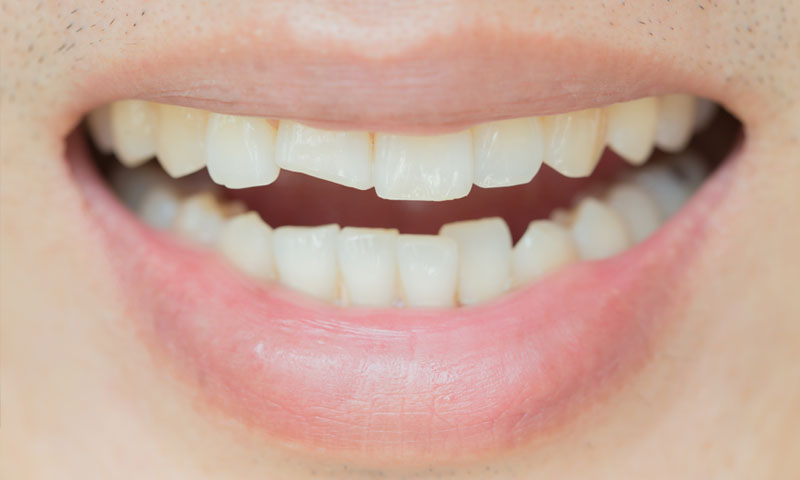
Chipped or Cracked Teeth
Throbbing tooth pain is often a sign of tooth damage. A dental cavity is not the only type of tooth damage you need to be concerned with. Chipped or cracked teeth can cause dental pain and lead to gum infection or tooth loss.
A newly cracked or fractured tooth can hurt with throbbing pain. Or you may not be aware of the tooth damage until later. The fracture deepens over time, and debris enters the tooth. This irritates the tooth pulp and nerves. Tooth infection develops.
Even a simple chip can allow bacteria to enter the tooth, causing tooth pain and damage.
If you have a chipped or cracked tooth, visit a dentist as soon as possible for treatment.
Wisdom Teeth
Wisdom tooth pain can be sharp and throbbing or dull and aching.
When wisdom teeth are erupting, you may feel a dull ache or pain. Over-the-counter aspirin, or ibuprofen can help with pain relief. If the pain doesn’t go away, or worsens, visit your dentist.
An impacted wisdom tooth will cause sharp and throbbing pain. You will need an emergency tooth extraction. But tooth extractions don’t have to be painful.
Oral Cancer
If you have persistent tooth pain that doesn’t go away, it’s important to visit your dentist for a check-up. Your dentist screens you for oral cancer as part of your regular check-up.
If you notice an unusual bump or unusually colored patch in your mouth that won’t go away, see your dentist immediately for an oral cancer screening.
Dull Ache
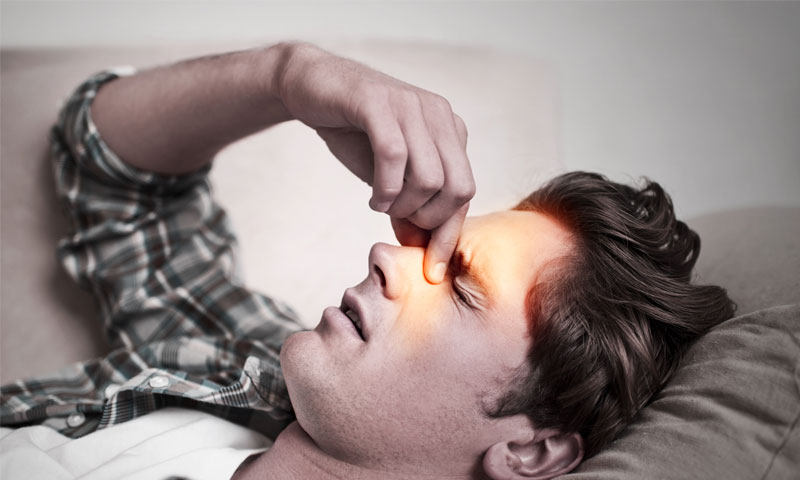
Sinus Infection
Do you have pain in your back upper teeth? Do you also have a stuffy nose? If so, there’s a good chance your tooth pain is from a sinus infection.
Here’s a good way to tell. If you have tooth pain from a sinus infection, and you push down on your tooth, it won’t cause any discomfort. If the tooth has a problem, it will cause immediate discomfort.
Tooth pain from a sinus infection is called referred pain. Referred pain is pain that is felt in an area of the body different from the area that has the disease or injury.
Your family physician can treat your sinus infection.
Bruxism (Teeth Grinding)
If you grind or clench your teeth often, you have bruxism. Teeth can ache with a dull pain. As the habit persists, pain worsens, and teeth can loosen.
Do you clench your jaw when you’re tense or angry? If you constantly get toothaches after tense situations, you may be unwittingly clenching your teeth.
You can learn exercises to relax your jaw. These will come in handy when you find yourself in a tense situation. Applying ice or wet heat to jaw muscles can help too.
Your dentist can fit you for a mouth guard. Wear it at night when you sleep, to protect your teeth.
TMJ
TMJ is a disorder that affects the temporomandibular joint in your jaw. Teeth grinding, misalignment of teeth, stress, and arthritis, are just some causes of TMJ.
TMJ results in chronic tooth and jaw pain when you chew or talk.
Your dentist can examine your mouth for this condition. Fitted bite guards help ease symptoms.
Sensitive Teeth

Teeth Whiteners
Did you recently whiten your teeth? Teeth whitening can cause tooth and gum sensitivity several days after treatment. This tooth pain usually goes away after a few days. But it can last longer.
If this occurs, stop the treatment if you’re still using it. Once your teeth are feeling better, try a gentler tooth whitening product.
Your dentist may also offer teeth whitening options.
Gingivitis, Receding Gums or Gum Disease
Receding gums expose the nerves of the teeth. This can cause tooth pain or sensitivity.
Gingivitis causes inflamed gums and gums that bleed easily. Chewing can be painful and difficult.
As gingivitis progresses to more serious gum disease, gums become infected. Bone becomes damaged, causing stronger tooth pain. This can eventually lead to tooth loss.
Diabetes, a weakened immune system, poor oral health, pregnancy, or other conditions can all cause gum disease.
The best way to avoid gingivitis is to visit your dentist for regular check-ups and cleanings.

Overuse of Mouthwash
It’s great to keep your teeth and mouth clean. But if you use mouthwash too often, it can cause tooth sensitivity.
Many mouthwashes contain acids that can damage your teeth. If you have tooth sensitivity and you use mouthwash more than once a day, limit its use to once daily.
How To Reduce Tooth Pain Until You See a Dentist
If you are experiencing tooth pain and cannot get to your dentist, an over-the-counter anti-inflammatory pain reliever may help. But you still will want to visit a dentist as soon as possible.
Contact us at Hamburg Dental Care for experienced, caring and pain-free dentistry. We make an extra effort to accommodate dental emergencies.



